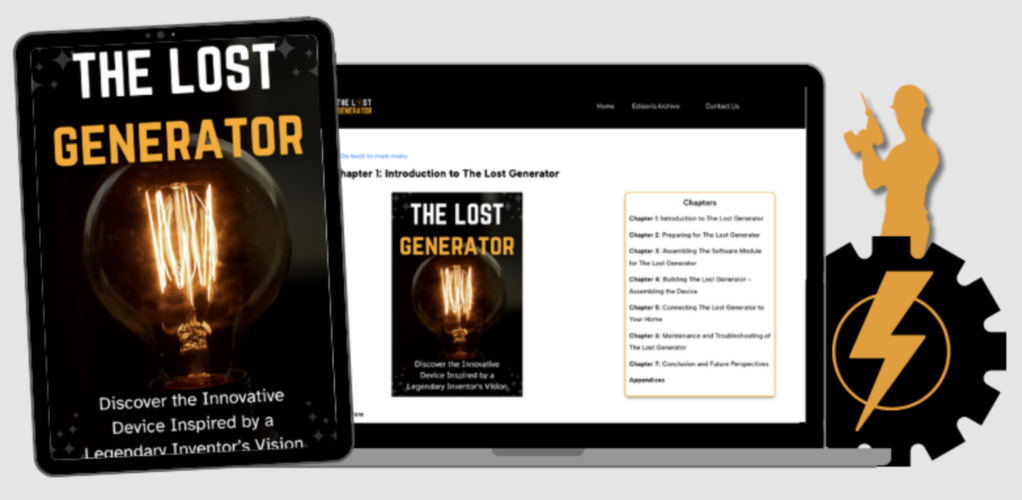What Is Alternative Energy? Due to the many benefits that alternative energy sources offer, they are quickly becoming an important part of the global economy. This home power is environmentally friendly and provides a more sustainable power source. While some energy sources are still in the development process, some have been commercialized but are not yet set for common purpose. Alternative power machines are created for any source of energy that is not based on fossil fuels, which will produce greenhouse gases. Ultimately, these will contribute to the world’s global warming. However, alternative home power sources that do not produce gases offer an improvement to lessen global warming. And most importantly, they minimize our dependence on fossil fuels.
In fact, people all over the world are seeking strategies to save money. One of them is by reducing their electricity bills. Using DIY power energy also has several advantages. It is renewable, which means there is no risk of running out of energy. It’s not unexpected and more practical than traditional energy sources and reduces greenhouse gas discharges from human activities. Additionally, alternative power generators will chop down contamination from traditional sources like coal-terminated power plants. This means energy generated from alternative sources doesn’t add to the greenhouse impact answerable for climate change.
What Is Alternative Energy?
Alternative energy is characterized as any energy form other than traditional fossil fuels. This type of energy is gaining importance because it doesn’t add to the greenhouse impact that drives climate change. And many researchers accept it very well may be a significant answer for our ebb and flow global warming emergency. The issue with utilizing traditional fossil fuels is that they produce carbon dioxide. Which plays a significant role in climate change. While coal, oil, and natural gas are viewed as sources of main energy, each accompanies its own environmental worries.
Today, environmentally friendly home power sources are becoming more popular because of their advantages over traditional energy forms. A few key advantages include:
Sustainability
DIY home power generators are sustainable because they don’t harm the environment and won’t exhaust limited resources like oil and gas.
Reliability
These energies are reliable because they operate when there is adequate daylight or wind to power turbines. They are not affected by weather patterns like hurricanes or tornadoes, and that means they can give power in any event, during emergencies.
An alternative power generator is a small, low-cost gadget that can create power from forward-thinking power matrix sources. Compared to matrix-based systems, home power generators are more adaptable in any location, require less maintenance, and often have lower installation costs.
Each energy generator choices have its own advantages and drawbacks. So picking the one that best meets your requirements is essential. Here are a few ways to choose a DIY home power source: Think about the expense. Because all machine’s energy source innovations have different expenses. So, make sure you understand the costs associated with each before making a choice.
Some Types of Alternative Energy Generators
The DIY power generators can be utilized for both residential and commercial purposes. Here is a concise outline of each type of alternative energy generator:
Solar Power
Solar power is the most common type of alternative energy generator. It works by changing daylight into power utilizing solar panels. The main downsides of solar power are its discontinuous availability and higher expense compared to other alternative energy generators.
Wind Power
Wind power is another type of alternative energy generator. It harnesses wind energy to power gadgets. The main disadvantages of wind power are its conflicting availability and the high expense of installation.
Hydropower
Hydropower utilizes water to deliver power. This technique is environmentally friendly as it doesn’t need fuel. However, its availability is restricted, and it is generally more costly than other alternative energy generators.
Benefits of DIY Power Generators
Alternative energy generators surely be a savvy answer for decreasing your month-to-month power bills. Solar power is the most common and environmentally friendly alternative energy choice. Wind power, while cheaper, isn’t always available. Hydropower, however more costly, is reliably available and environmentally friendly.
Alternative power energy is obtained from renewable resources that naturally recharge on a human timescale. There are many types of alternative energy, each offering different advantages. One of the main advantages is its sustainability. Alternative energy is also eco-friendly because it doesn’t create waste. It works by changing energy from renewable resources into power, which can then power homes, organizations, and other gadgets.
Conclusion: What Is Alternative Energy?
Often, alternative energy is more practical than traditional sources. The advantages of utilizing alternative power sources are broad. It can save money, safeguard the environment, and moderate resources required for people in the future.
Picking the best alternative power source relies upon your specific necessities and financial plan. It’s important to talk with a professional to decide the most ideal choice. Each alternative energy source has its own advantages and limitations. So consider your necessities and financial plan carefully while making a choice.
If you’re hoping to save on power bills, you can track down many Do-It-Yourself alternative power tutorials. Yet make sure to actually take a look at reviews, for example, those on product review sites. It’s crucial that the tutorial offers a money-back guarantee. Alternative home power is a powerful arrangement with the potential to reduce global warming, reliance on fossil fuels, and environmental impact.
